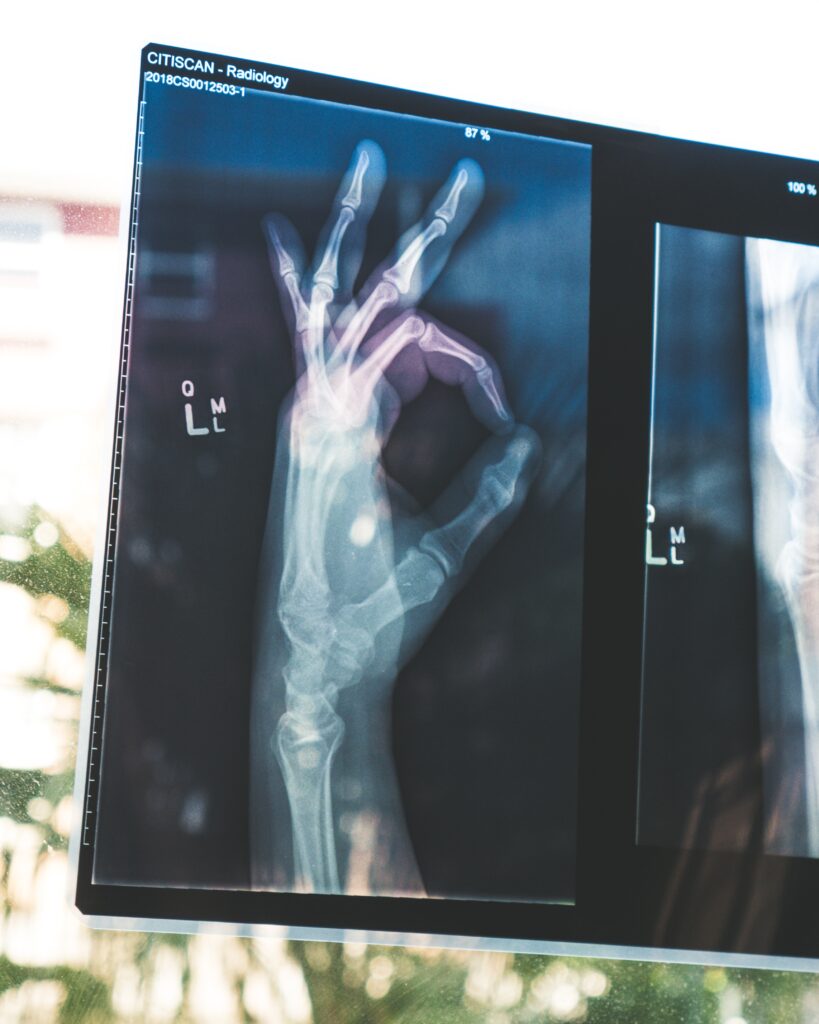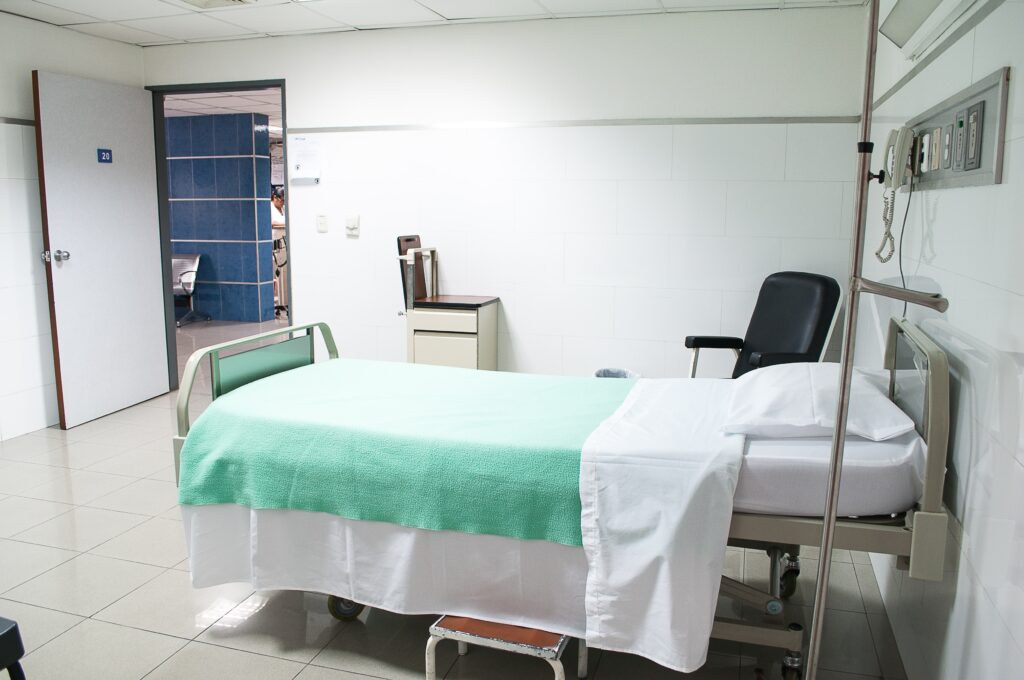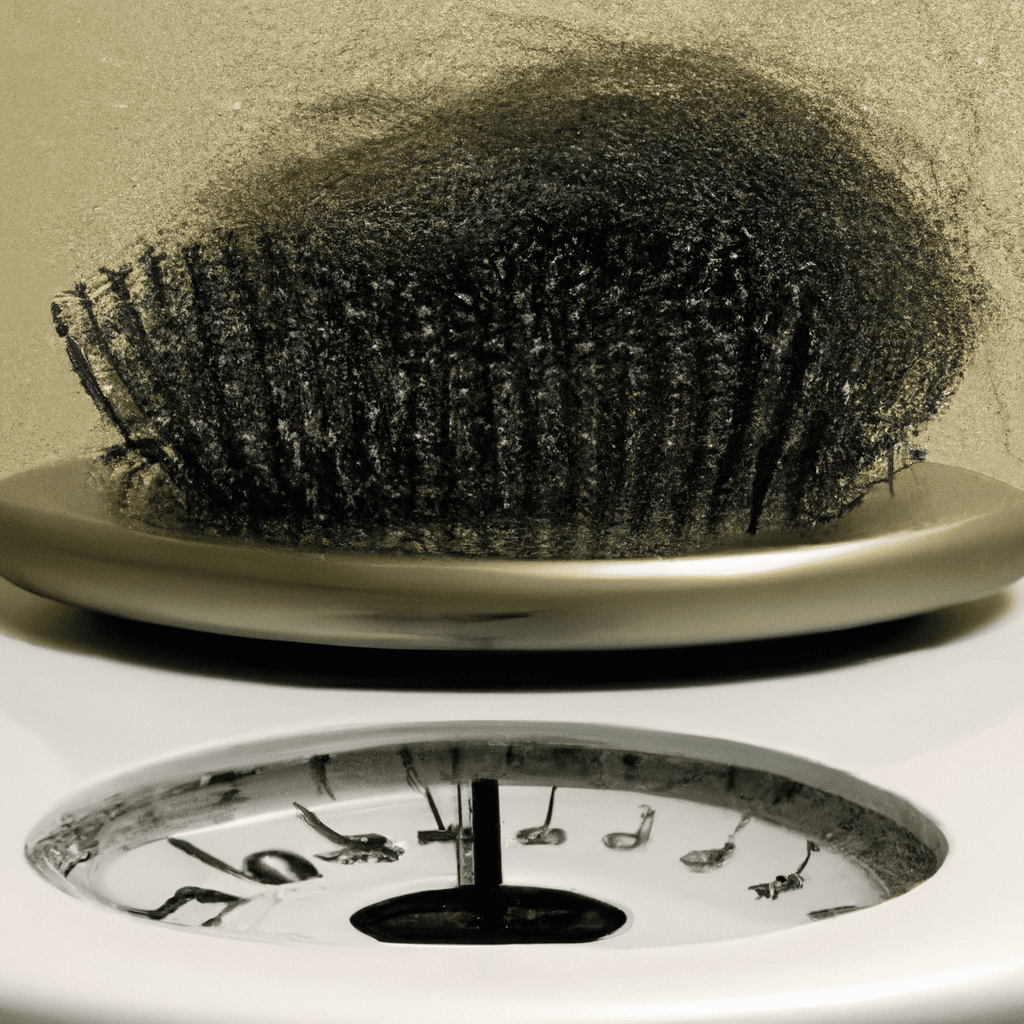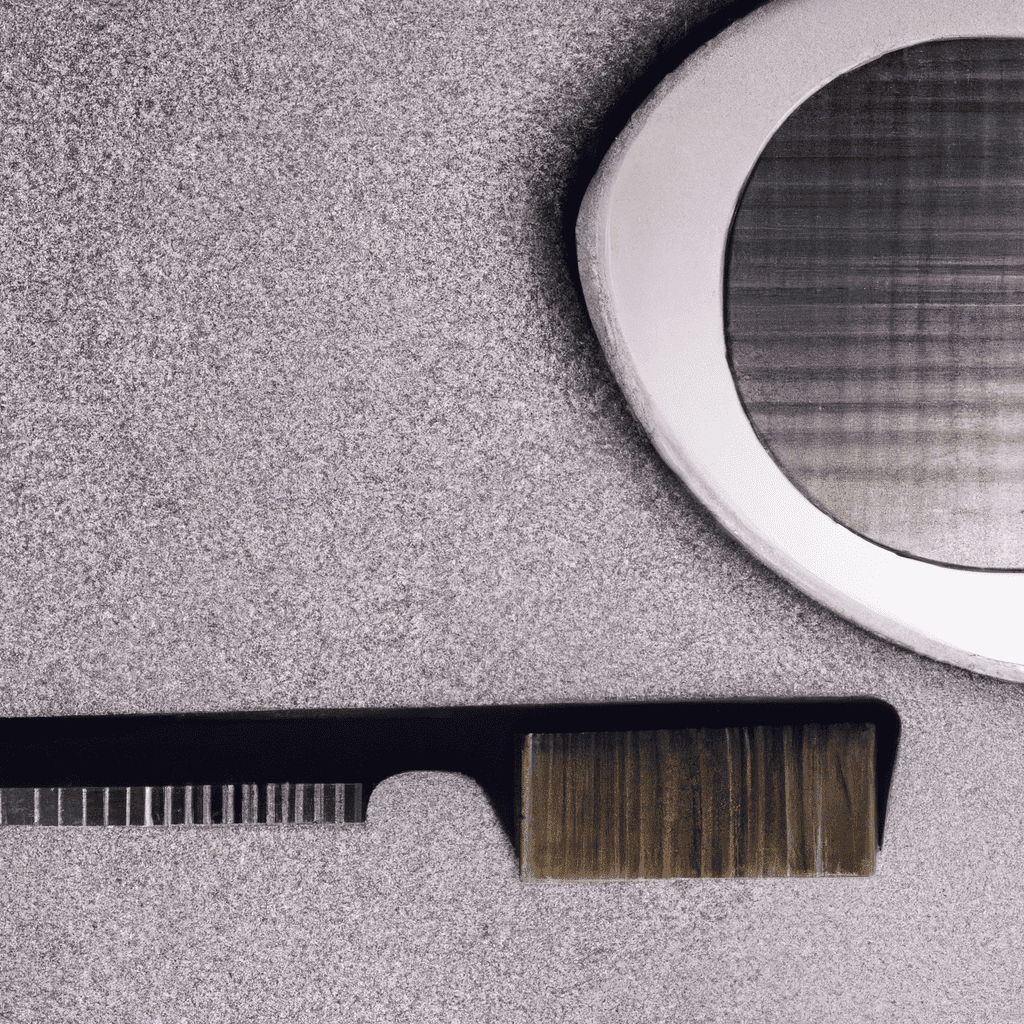



Have you noticed a sudden change in the thickness or volume of your hair after shedding a few pounds? We all strive to maintain a healthy weight, but could weight loss be contributing to our hair loss? In this article, we explore the connection between weight loss and hair loss to uncover the truth behind this common concern.
Understanding Hair Loss
What is hair loss?
Hair loss, also known as alopecia, is a condition characterized by the loss of hair from the scalp or other parts of the body. It is a common concern for many individuals, particularly during periods of weight loss.
Hair loss can occur gradually or suddenly, and it can affect individuals of all ages and genders. Understanding the causes and potential relationship between weight loss and hair loss is important to address and prevent this issue effectively.
Causes of hair loss
Several factors can contribute to hair loss, and understanding these causes can help manage and prevent this condition. Some common causes of hair loss include:
-
Genetics: Family history plays a significant role in hair loss, with conditions such as male and female pattern baldness being genetically linked.
-
Hormonal changes: Hormonal imbalances, such as those that occur during pregnancy, menopause, or thyroid disorders, can contribute to hair loss.
-
Nutrient deficiencies: Inadequate intake of key nutrients, including vitamins, minerals, and essential fatty acids, can lead to hair loss.
-
Medical conditions: Certain medical conditions, such as alopecia areata, polycystic ovary syndrome (PCOS), and thyroid disorders, can result in hair loss.
-
Medications: Some medications, such as those used for cancer treatment, can cause hair loss as a side effect.
-
Environmental factors: Exposure to certain toxins or pollutants, as well as excessive heat or styling practices, can damage the hair follicles and lead to hair loss.
It is important to note that weight loss itself may not directly cause hair loss, but certain weight loss methods and associated factors can contribute to this condition. Let’s explore the relationship between weight loss and hair loss in more detail.
The Relationship Between Weight Loss and Hair Loss
The impact of weight loss on hair health
Weight loss, particularly significant and rapid weight loss, can impact the health of our hair. When we lose weight, our body goes through various changes, including changes in hormone levels and nutrient availability. These changes can affect the hair growth cycle and potentially lead to hair loss.
During weight loss, the body may enter a state of caloric restriction, which means we are consuming fewer calories than our body needs to maintain its current weight. This caloric deficit can result in an inadequate intake of essential nutrients, including those required for healthy hair growth.
The connection between nutrient deficiencies and hair loss
Nutrient deficiencies, which can occur during weight loss, play a significant role in hair health. Several key nutrients are essential for hair growth and overall hair health, including vitamins (such as vitamin A, B vitamins, vitamin C, and vitamin E), minerals (such as iron, zinc, and selenium), and essential fatty acids.
When we do not consume an adequate amount of these nutrients, our hair follicles may not receive the necessary nourishment, resulting in weakened hair strands, increased hair shedding, and slower hair growth. It is important to ensure we are meeting our nutrient needs during weight loss to prevent hair loss.
Caloric Restriction and Hair Loss
Effect of caloric restriction on hair growth
Caloric restriction, which often occurs during weight loss, can impact the hair growth cycle. When our body does not receive enough energy from our diet, it prioritizes essential functions over non-essential ones, such as hair growth.
During caloric restriction, the body may shift into a state known as “telogen effluvium.” In this state, the hair follicles enter a resting phase, leading to increased hair shedding and reduced hair growth.
This condition is typically temporary and reversible once we return to a balanced diet and meet our caloric needs.
Stress-induced hair loss during weight loss
Weight loss can also induce stress on our body, both physically and emotionally. Stress is known to contribute to hair loss by disrupting the hair growth cycle. When our body experiences stress, it diverts energy and resources away from non-essential functions, including hair growth.
Additionally, the emotional stress associated with weight loss, such as body image concerns or the pressure to sustain the weight loss, can further impact our hair health.
It is important to manage stress levels during weight loss to minimize the risk of stress-induced hair loss.
Types of Weight Loss Methods and Hair Loss
Crash diets
Crash diets, also known as fad diets, are popular for their promise of quick weight loss. However, these diets typically involve severe caloric restriction, which can negatively affect hair health. The rapid weight loss associated with crash diets can induce telogen effluvium, leading to temporary hair shedding.
Furthermore, crash diets often lack the necessary nutrients for optimal hair growth, such as vitamins, minerals, and proteins.
It is important to avoid crash diets and opt for a balanced approach to weight loss to prevent hair loss.
Low-carbohydrate diets
Low-carbohydrate diets, such as the ketogenic diet, have gained popularity for their ability to promote weight loss. While these diets can be effective for weight management, they may also contribute to hair loss.
Carbohydrates are an important energy source for the body, including the hair follicles. Restricting carbohydrates too severely can deprive the hair follicles of the energy they need for healthy hair growth.
It is advisable to ensure an appropriate intake of carbohydrates while following a low-carbohydrate diet to support hair health.
Intermittent fasting


Intermittent fasting is another weight loss method that has gained popularity in recent years. It involves alternating periods of fasting and eating within a designated timeframe. While intermittent fasting can be effective for weight loss, it may also impact hair health.
Prolonged fasting or severe caloric restriction during the fasting periods can lead to nutrient deficiencies, including those necessary for hair growth.
It is important to maintain a balanced diet and ensure adequate nutrient intake during the eating periods to prevent hair loss.
Underlying Medical Conditions and Hair Loss
Impact of underlying medical conditions on hair health
Certain underlying medical conditions can contribute to hair loss, and these conditions may coincide with weight loss efforts. It is important to be aware of these conditions and seek appropriate medical attention when necessary.
Thyroid disorders
Thyroid disorders, such as hypothyroidism or hyperthyroidism, can disrupt the normal functioning of the thyroid gland, which plays a crucial role in regulating metabolism and hormone production. Hair loss is a common symptom of thyroid disorders, and weight loss can sometimes trigger or exacerbate these conditions.
If experiencing hair loss during weight loss, it is advisable to consult a healthcare provider to rule out any underlying thyroid issues.
Polycystic ovary syndrome (PCOS)
PCOS is a hormonal disorder that affects women of reproductive age. It is characterized by the presence of multiple cysts in the ovaries and hormonal imbalances, including increased levels of androgens (male hormones).
Hair loss, along with other symptoms such as irregular periods and weight gain, is a common feature of PCOS.
Weight loss can positively impact PCOS symptoms, but it is important to manage the condition holistically with appropriate medical guidance to address hair loss effectively.
Alopecia areata
Alopecia areata is an autoimmune condition that causes hair loss in patches or throughout the body. While weight loss does not directly cause alopecia areata, it is important to manage this condition if hair loss occurs concurrently with weight loss efforts. Dermatologists can provide guidance and appropriate treatments for alopecia areata.
Nutrient Deficiencies and Hair Loss
Vitamin deficiencies
Vitamins play a crucial role in maintaining healthy hair growth. Deficiencies in specific vitamins can contribute to hair loss. Some important vitamins for hair health include:
- Vitamin A: Lack of vitamin A can lead to hair dryness and brittleness.
- B vitamins (particularly biotin): A biotin deficiency can result in hair thinning and loss.
- Vitamin C: This vitamin is important for collagen production, which is essential for hair structure and strength.
- Vitamin E: Lack of vitamin E can lead to increased oxidative stress and potential hair damage.
Iron deficiency
Iron is an essential mineral for healthy hair growth. Iron deficiency, also known as anemia, can result in hair loss as the hair follicles are deprived of the necessary oxygen and nutrients.
It is important to ensure an adequate intake of iron-rich foods or consider iron supplementation if advised by a healthcare professional.
Protein deficiency
Protein is the building block of hair, and inadequate protein intake can negatively impact hair health. When the body lacks sufficient protein, it can prioritize other bodily processes, leading to weaker hair strands, increased hair shedding, and slower hair growth. Incorporating protein-rich foods into the diet is crucial for maintaining healthy hair during weight loss.
Essential fatty acid deficiency


Essential fatty acids, such as omega-3 and omega-6 fatty acids, are vital for hair health. These fatty acids help nourish the scalp and promote healthy hair growth.
A deficiency in essential fatty acids can result in dry, brittle hair, and increased hair loss. Consuming sources of omega-3 fatty acids, such as fatty fish or flaxseeds, can support hair health during weight loss.
Preventing Hair Loss during Weight Loss
Hair loss during weight loss can be prevented or minimized by incorporating certain strategies into our routine. Here are some tips for preventing hair loss during weight loss:
Eating a balanced diet
Maintaining a balanced diet that includes a variety of nutrient-dense foods is crucial for hair health during weight loss. Ensure an adequate intake of vitamins, minerals, proteins, and essential fatty acids to support the hair follicles and promote healthy hair growth.
Supplementing with vitamins and minerals
In some cases, dietary sources may not be sufficient to meet our nutrient needs during weight loss. In consultation with a healthcare professional, consider supplementing with vitamins and minerals, such as biotin, iron, or omega-3 fatty acids, to support hair health.
Managing stress levels
Stress can negatively impact hair health, so it is important to manage stress levels during weight loss. Engage in stress-reducing activities such as exercise, meditation, or spending time in nature. Prioritizing self-care and maintaining a balanced lifestyle can help minimize stress-induced hair loss.
Avoiding crash diets
Crash diets can lead to rapid weight loss but often at the expense of hair health. It is advisable to avoid crash diets and opt for a gradual and balanced approach to weight loss. This allows the body to adjust and adapt more effectively, minimizing the risk of hair loss.
Seeking Professional Help
If experiencing significant hair loss during weight loss, it is essential to seek professional help. Here are some professionals who can provide guidance and support:
Consulting a healthcare provider
Consulting a healthcare provider, such as a general practitioner or endocrinologist, can help rule out any underlying medical conditions that may be contributing to hair loss. They can also provide appropriate referrals to specialists when needed.
Meeting with a nutritionist or dietitian
A nutritionist or dietitian can assess our dietary habits and nutrient intake during weight loss. They can provide personalized guidance on meeting our nutrient needs and maintaining a balanced diet for optimal hair health.
Visiting a dermatologist


If experiencing persistent hair loss or concerns about hair health, visiting a dermatologist who specializes in hair and scalp conditions is recommended. They can assess the scalp and hair follicles, diagnose any underlying issues, and provide appropriate treatment options.
Possible Treatments for Hair Loss
There are various treatments available for hair loss, and the most suitable treatment will depend on the underlying cause and severity of the hair loss. Here are some possible treatments:
Medications for hair regrowth
Certain medications, such as minoxidil or finasteride, can promote hair regrowth and slow down hair loss. These medications are available in topical or oral form and should be used under the supervision of a healthcare professional.
Platelet-rich plasma therapy
Platelet-rich plasma (PRP) therapy involves injecting a concentrated solution of platelets obtained from our blood into the scalp. This treatment is believed to stimulate hair growth by promoting cell regeneration and increasing blood flow to the hair follicles.
Hair transplant surgery
For more advanced cases of hair loss, hair transplant surgery may be an option. This procedure involves transplanting healthy hair follicles from one part of the body (usually the back of the head) to the areas experiencing hair loss.
The success of hair transplant surgery depends on various factors and should be discussed with a qualified hair restoration specialist.
Conclusion


Hair loss can be a concern during weight loss, but understanding the causes and implementing preventive measures can help manage and minimize this issue.
Maintaining a balanced diet, meeting nutrient needs, managing stress levels, and avoiding extreme weight loss methods are all essential for promoting healthy hair growth during weight loss.
Seeking professional help when needed and considering appropriate treatments can also address hair loss effectively. Remember, hair loss during weight loss is usually temporary and reversible with the right approach and care.







